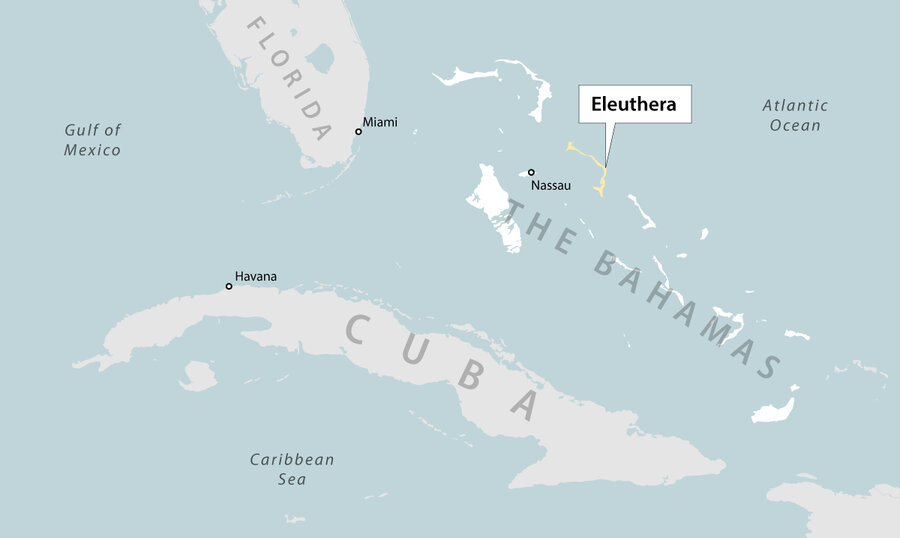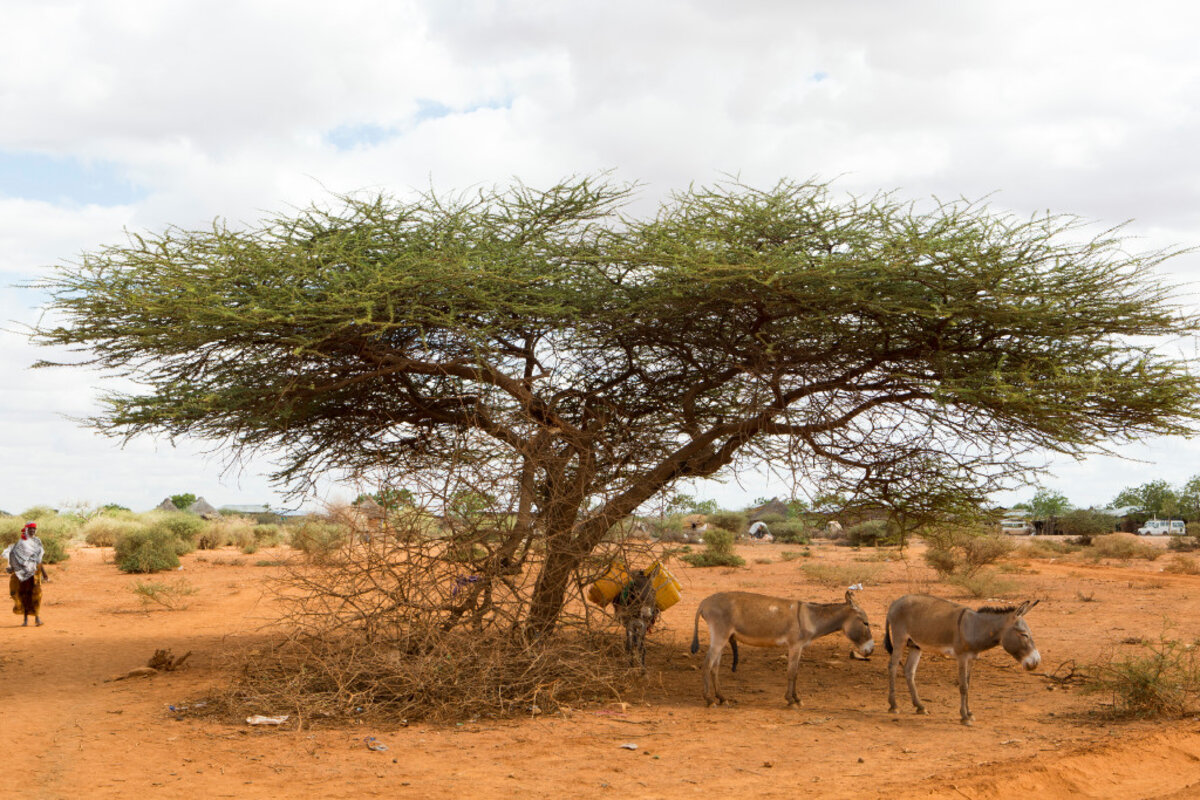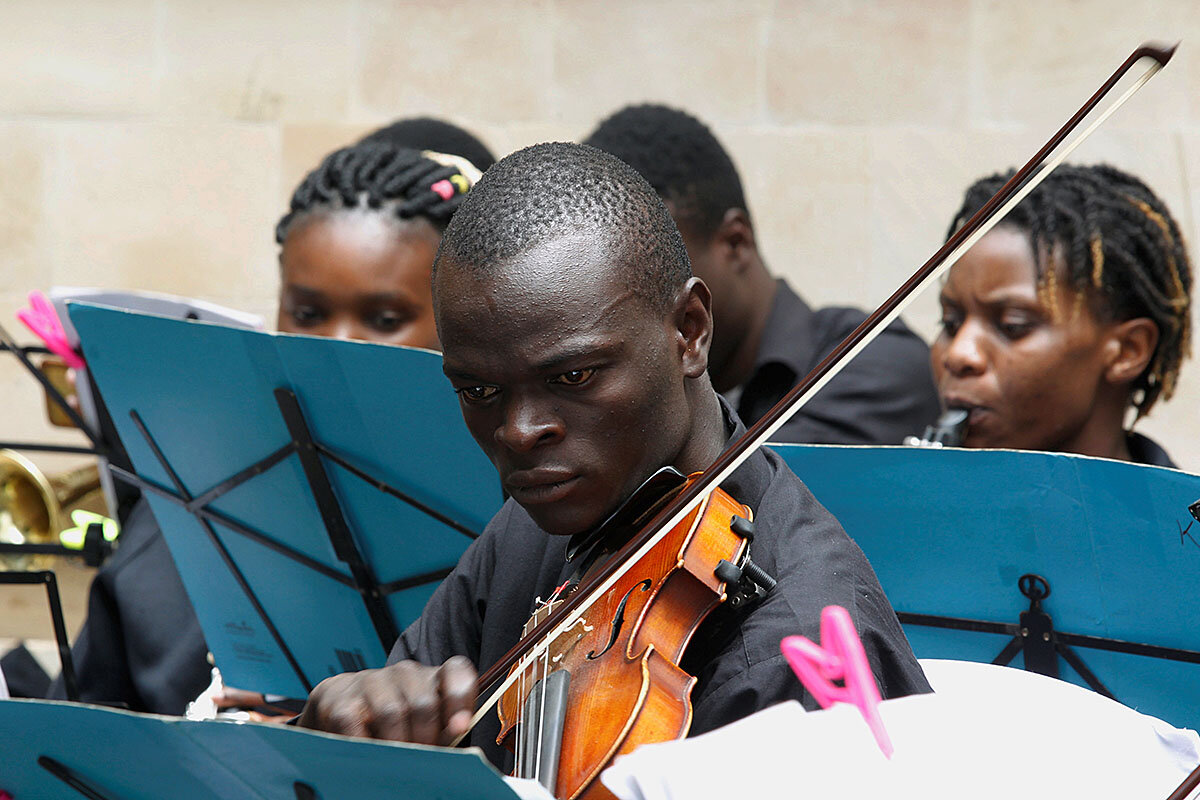Here's a mystery: Why has American inflation remained so stubbornly low for decades? A new Federal Reserve decision is testing old thinking.
Monitor Daily Podcast
- Follow us:
 Mark Sappenfield
Mark Sappenfield
Welcome to your Daily. Today, we touch on an economic mystery, a unique view of detaining children on the border, the debate about the crystalline waters of one pristine Bahamian beach, a radical approach to fighting radicalism, and a touching film about cultural differences.
But first, what do you think the state of trust is in America?
If you said “not great,” many Americans agree with you. Newsletters from the Pew Research Center are essential reading for anyone who wants to understand trends shaping the world without spin. was no exception.
Trust is the glue of democratic government – the “consent of the governed,” as the Declaration of Independence states. The Pew data show Americans think trust is eroding – in government and in one another.
If we fear partisans on the other side, as research shows, it’s no wonder that trust suffers. Pew also reports that we have increasingly negative views of those we don’t even know.
But there’s an important asterisk. More than 8 in 10 of the respondents also said these trends can be reversed. How? Start with yourself was the top answer – a theme our Christa Case Bryant is exploring in a summer series. “Each one of us must reach out to others,” one respondent told Pew. “It takes interaction with people face-to-face to realize that we do all inhabit this space and have a vested interest in working together.”













